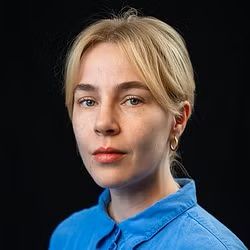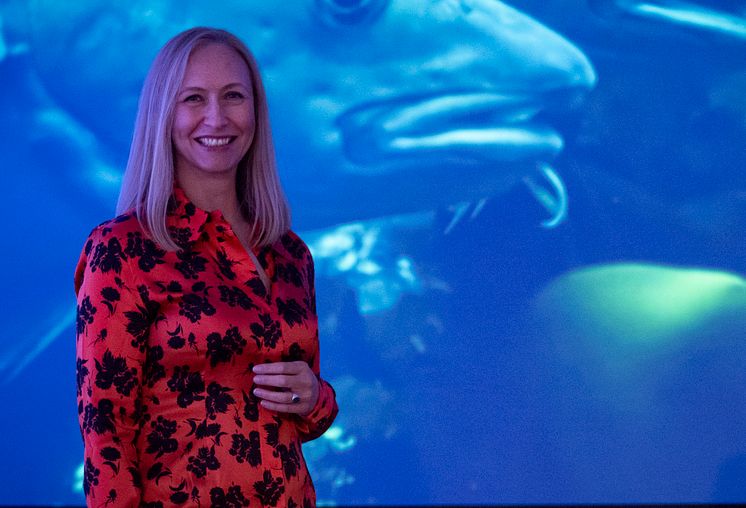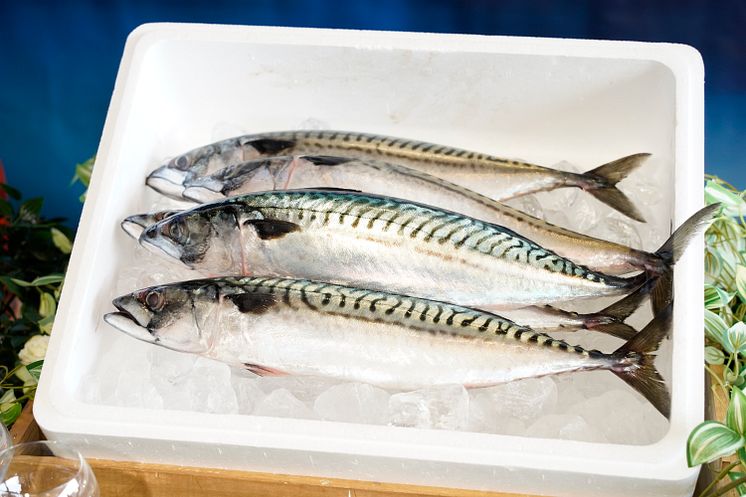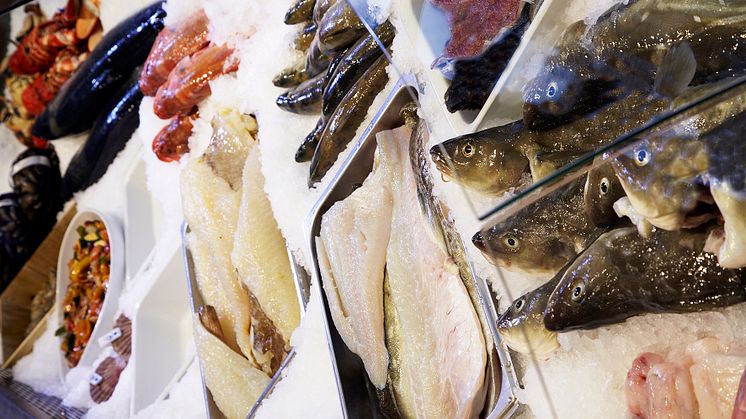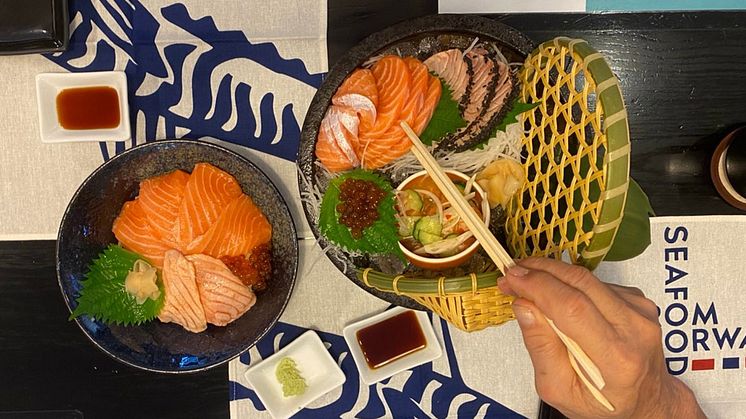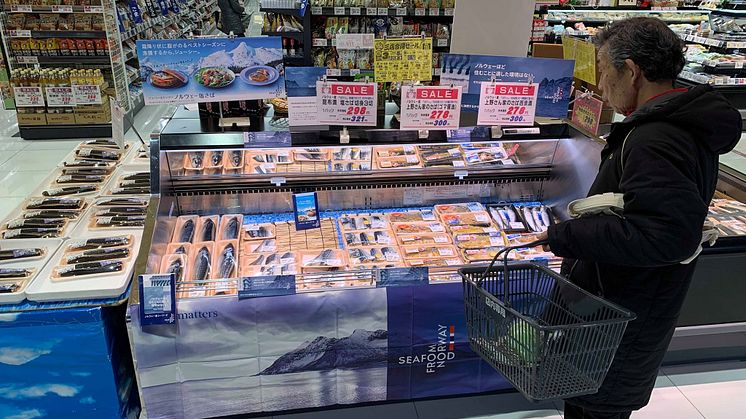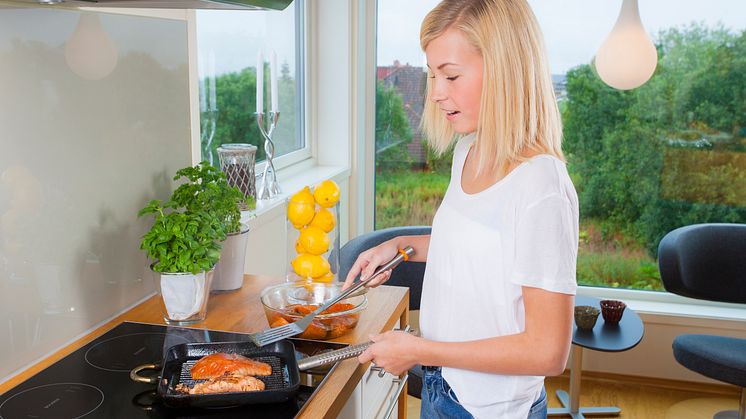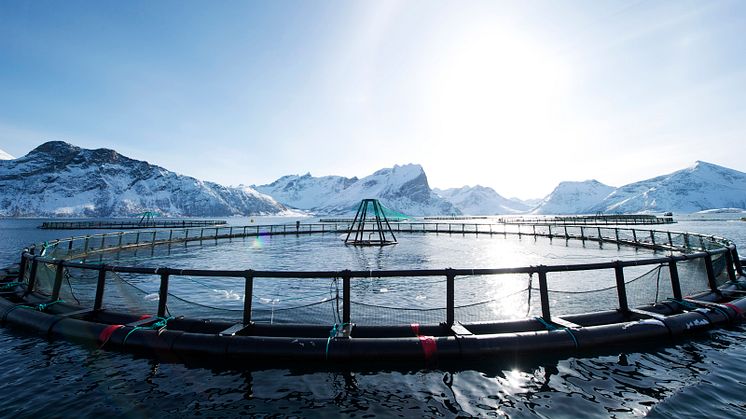
Press release -
Green recovery from pandemic must also mean blue
The theme for this year’s UN World Health Day on April 7 is Our Planet, Our Health, aiming to focus on opportunities for so called green and healthy recovery from the pandemic.
“The need to change our ways when it comes to how we treat ourselves and our planet is more pressing than ever. The food we put in our bodies, and how we want our food systems to work is a major part of this,” says Renate Larsen, CEO of the Norwegian Seafood Council, the world’s largest generic marketing organisation for seafood.
“But speaking of green solutions without mentioning the blue is just another example of how seafood and the role of our oceans in meeting the world’s pressing needs is forgotten. Blue can also be green,” she says.
A champion of the humble fish finger
The latest NSC seafood trends report highlights the importance of educating and inspiring consumers about the health benefits of eating seafood, as well as new innovations.
“More than one in three adults in the world are overweight, so for that reason alone, eating more sustainable healthy protein, and educating consumers about this, is so important,” she says.
The Norwegian Seafood Council works with to promote Norwegian seafood in markets across the world, compiling and analysing consumer insight is a vital part of this. Larsen points out the need for positive change in consumption patterns to support a healthy planet and healthy people.
“Our report highlights need for convenience, which makes choosing the healthy option easier.
“I am a real champion for quick and easy to prepare seafood products, as long as they are made from quality and sustainably sourced ingredients, such as the humble fish finger, fish cakes and minced salmon,” says Larsen.
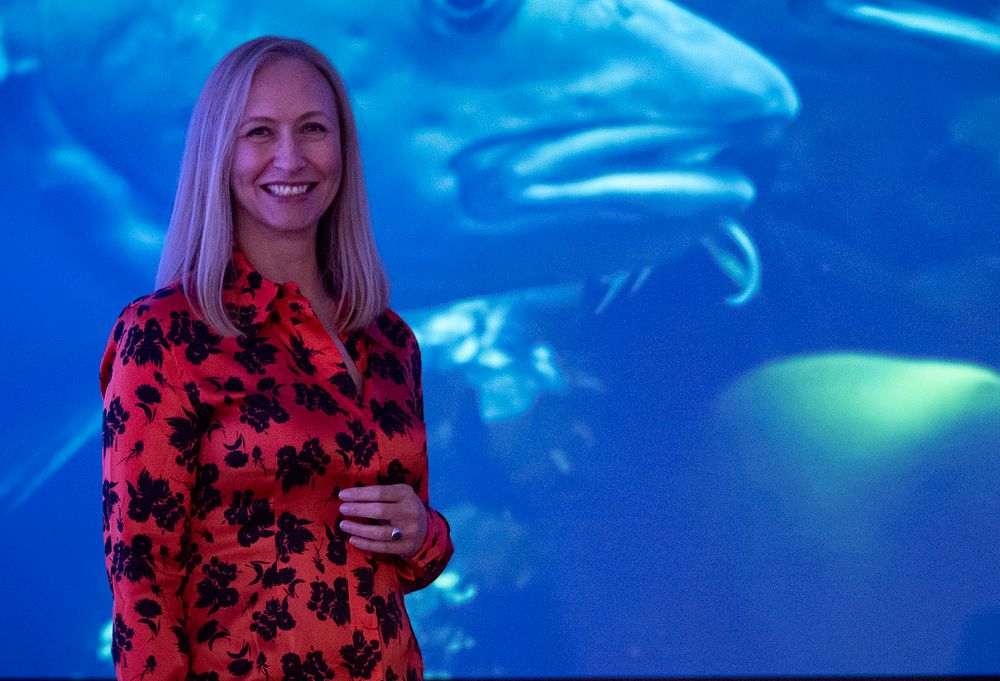
Seafood is part of the solution
The benefits of so-called blue foods – those derived from aquatic animals, plants or algae that are caught or cultivated in freshwater and marine environments – extend far beyond the already well documented health and nutritional advantages.
According to The Blue Food Assessment (BFA) – an international joint initiative that brings together over 100 scientists from more than 25 institutions worldwide – blue foods generally have a lower environmental footprint than many land-based animal-sourced foods.
“The BFA highlighted the important role seafood and productive oceans have to play in securing a sustainable future for our environmental, dietary and societal challenges.
“The seafood industry has a responsibility to speak up about this and to help consumers to make healthy and informed choices about the food on their plates,” Larsen says, referring to both sustainable aquaculture and responsible management of wild species.
Commonly farmed species such as salmon have very low environmental footprints, and the largest producing nations, including Norway, are continuously improving practices to lower it even further. Norwegian producers are already ahead of other nations in reducing the use of feed and antibiotics and using deforestation-free suppliers, for example.
More food from the seas
UN projections are that the world needs to produce 70 percent more food to meet dietary needs by 2050. A UN report from 2019 found that, if managed responsibly, the oceans can provide over six times more food than they do today.
“That is why on UN World Health Day we want to make sure that consumers are told about how sustainable seafood is a green option both for the planet and for their health," finishes Larsen.
Topics
Categories
The Norwegian Seafood Council works with the Norwegian fisheries and aquaculture industries to develop markets for Norwegian seafood through local market intelligence, market development and reputational risk management. The Seafood Council is headquartered in Tromsø and maintains local representatives in twelve of Norway's most important international markets. The Norwegian seafood industry finances the activities of the Norwegian Seafood Council via a tariff on all Norwegian seafood exports.
The Norwegian Seafood Council is a public company owned by the Ministry of Trade, Industry and Fisheries.



